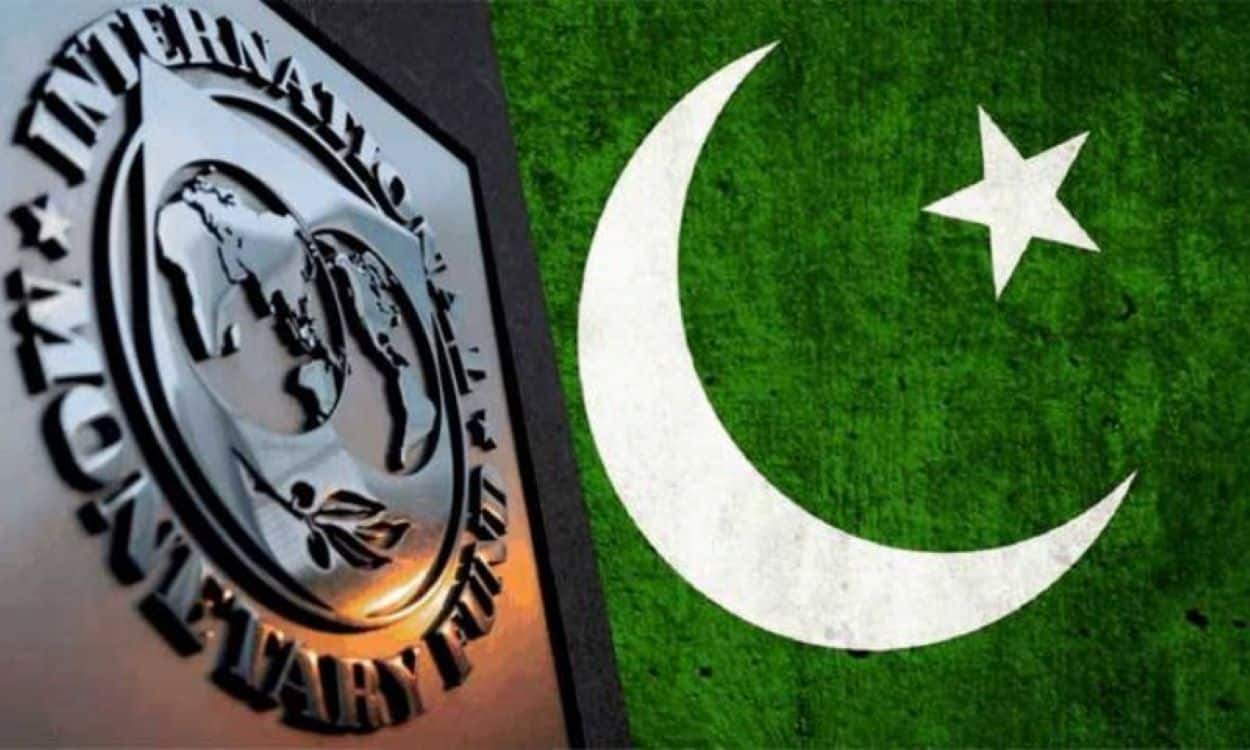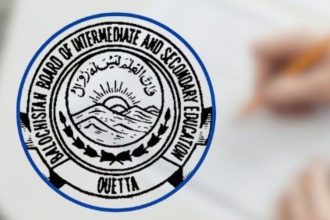Governor Jameel Ahmed of the State Bank of Pakistan announced a significant development on Wednesday. Pakistan has received $700 million from the International Monetary Fund (IMF). This funding is part of a larger bailout program to stabilise the country’s economy.
The IMF’s Executive Board completed its first review last week. This led to the approval of the loan. With this latest disbursement, the total funds released under the $3 billion Standby Arrangement (SBA) have reached about $1.9 billion. Antoinette Sayeh, Deputy Managing Director and Chair of the IMF, remarked on this progress. She noted signs of economic activities picking up and a reduction in external pressures in Pakistan.
The nine-month SBA, approved on July 12, has clear goals. It aims to address domestic and external imbalances and provide a basis for financial support from international partners. To secure this support, Pakistan took significant steps. These included implementing a revised budget, recording interest rate hikes, and major increases in utility prices.
The bailout agreement also required Pakistan to raise an additional $1.34 billion in taxes. These fiscal adjustments were necessary but led to unprecedented inflation rates. In May, inflation reached a record 38% year-on-year, which continues to stay above 30%. Sayeh emphasized the importance of Pakistan’s efforts in adjusting utility prices and pushing for sector reforms. These steps are essential for the economic sector’s viability and the country’s fiscal health.
Anticipated Financial Assistance and UAE’s Support
Following the IMF loan, more financial assistance is expected for Pakistan. Analysts predict further loans from various international sources. The State Bank of Pakistan shared another positive development. The United Arab Emirates (UAE) has agreed to extend two $1 billion deposits. Initially maturing in January 2024, these deposits will now be rolled over for another year. This move provides additional support to Pakistan in its time of need.






